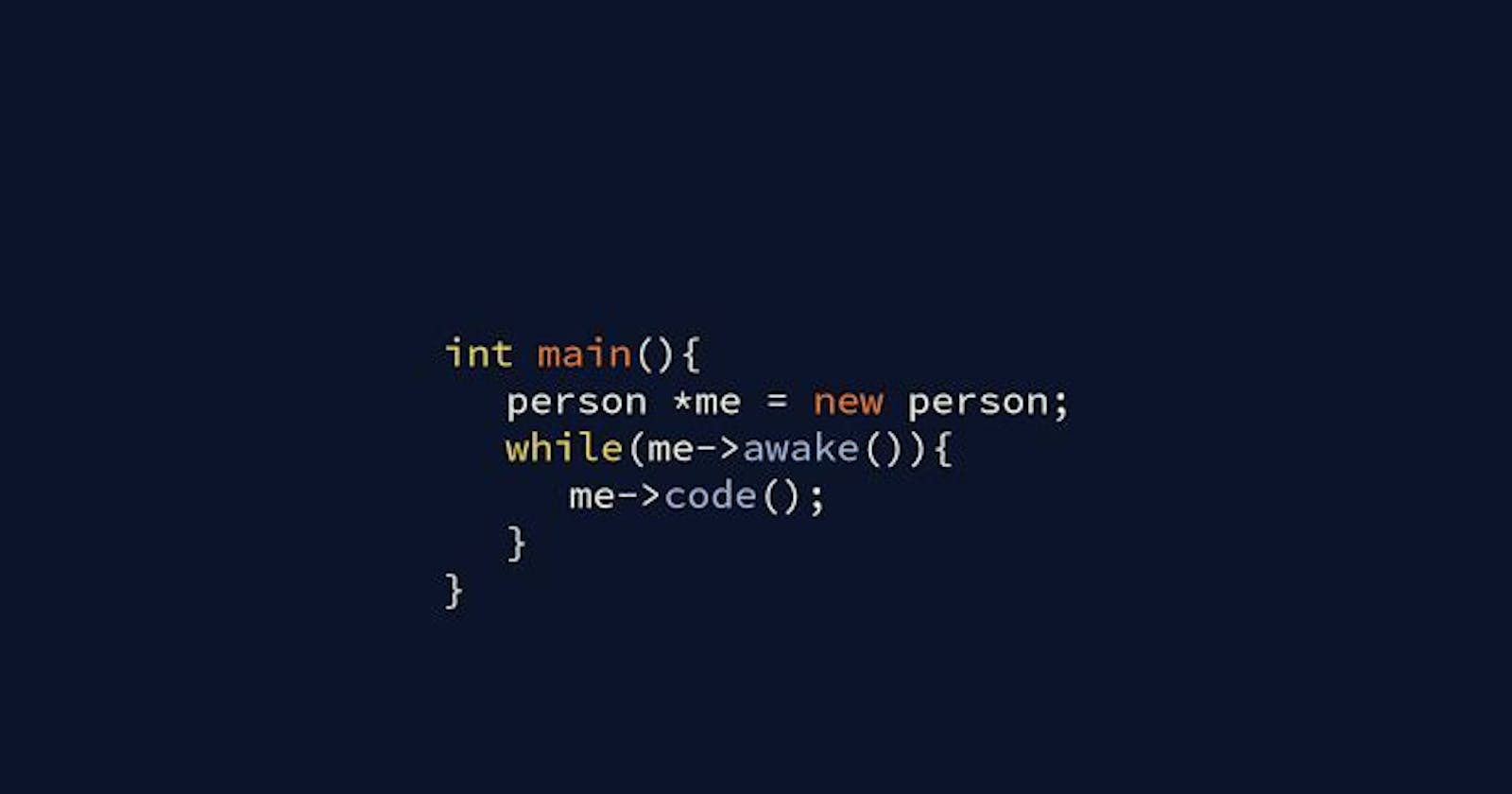C++ evolved from C, which was developed by Bjarne Stroustrup in 1979 at Bell Laboratories. Originally called “C with classes”, it was renamed to C++ in the early 1980s. C++ provides additional features to most computers and it is hardware independent. With careful design, it’s possible to write C++ programs that are portable to most computers. C was originally created to improve upon its predecessor, “B”, which in turn had replaced assembly language to accomplish machine learning in the UNIX operating system. Though C and C++ have many functionalities in common, like the highly valuable functional and structural paradigms that “C” language establishes, modern C++ enhances those paradigms by making object-oriented programming possible within the language.
PROS OF C++ FOR IOT (Internet of Things)
When it comes to IoT projects, there are lots of things a developer needs to consider, things like programming languages that are beneficial to know as you’re architecting IOT hardware, software, firmware and every shenanigans in between. Unlike other languages, C++ is among the most likely used of these languages, and it has some compelling benefits as well as some considerable drawbacks for IOT development. Here are the few detailed benefits for leveraging C++ for your IOT development; By design, C++ lends itself to embedded development because the languge sits in between higher- level software and hardware i.e. it works as a middleman between the both parties, allowing administrative access to control the hardware directly. Due to its High stability, programs written in C++ can still be read and called upon even after many years.
Scalability is another factor that needs to be considered when developing a firmware for IOT devices, As the terms implies Scalability mean the ability of a program to run on a small scale as well as a large scale of data, thus making it faster at runtime.
C++ gives the programmer the provision of total control over memory management. This can be considered both as an asset and a liability as these increases the responsibility of the user to manage memory rather than it being managed by the garbage collector unlike its competitor python, which has little or no control over it memory. This concept is implemented with the help of DMA (Dynamic Memory Allocation) using pointers.
C++ offers the feature of portability or platform independence which allows the user to run the same program on different operating systems or interfaces at ease. For instance you write a program in Window OS and for some reasons best known to you, you switched to LINUX OS, you would be able to run the same program in LINUX as well without any form of error. This feature proves possible because it has its own runtime environment.
C++ is multi-paradigm programming language. The term “Paradigm” refers to the style of programming. It is algorithm-based, which makes it a great choice for solving little puzzles, logic, structure, and procedures encountered during embedded development. Generic, imperative and object-oriented are three paradigms of C++. The term Generic programming refers to the use of a single idea to serve different functionalities while imperative programming, on the other hand, refers to the use of statements that alters a program’s state.
C++ is still the standard language to use for embedded development, and will be so for a long time. As the world becomes more digitalized, we’ll continue to see a “sprout” in the use of C++. In fact major tech firms heavily relies on C++ to build IOT devices. It can be difficult for a developer to learn it but once you do, it’s much easier to learn and understand other languages that are influenced by C and C++ like java, C#, Python, JavaScript and more. It is also safe to say that there are cons associated with C++ but the advantages out weights the cons. You are now ready to make the right choice to use and take advantages of the inspiring features associated with C++ in developing a “state of the act” technology.
